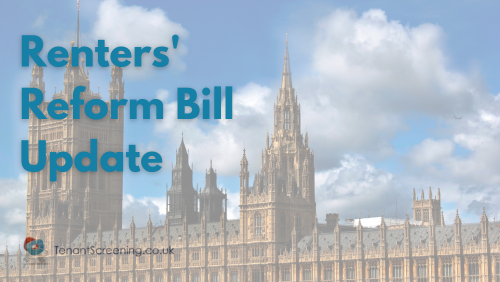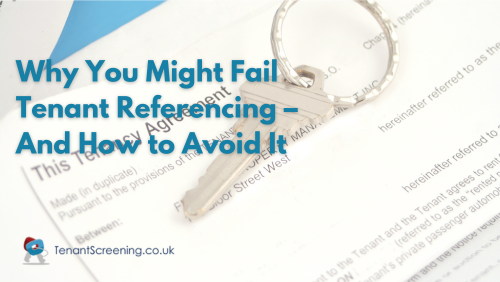Renters' Reform Bill passes Second Reading in the House of Commons
The Renters’ Reform Bill passed its Second Reading in the House of Commons. The bill, which is being introduced by the Government, would make a number of changes to the law on private renting in England and Wales.
One of the most significant changes proposed by the bill is the abolition of Section 21 evictions. Section 21 is a no-fault eviction notice, which means that landlords can evict tenants without giving a reason. The Government has said that Section 21 is a “unfair” and “unpredictable” way to evict tenants.
The bill would also introduce a new tenancy type called a “periodic tenancy”. Periodic tenancies would be rolled over on a month-to-month basis, rather than having a fixed term. This would give tenants more security and make it harder for landlords to evict them.
The bill would also introduce a number of other changes, such as:
- A ban on letting fees
- A requirement for landlords to give tenants at least two months’ notice of rent increases
- A requirement for landlords to give tenants a written explanation of their rights and responsibilities
The Renters’ Reform Bill is still in its early stages and it is likely that it will be amended before it becomes law. However, it is clear that the Government is committed to making significant changes to the law on private renting in England and Wales
What does this mean for private landlords?
The Renters’ Reform Bill is likely to have a significant impact on private landlords. The abolition of Section 21 evictions will make it more difficult for landlords to evict tenants, even if they have a good reason to do so. The introduction of periodic tenancies will also give tenants more security and make it harder for landlords to evict them.
In addition, the bill would introduce a number of other changes for landlords; for example, the ban on letting fees will mean that landlords will have to find other ways to cover the costs of letting their properties.
Overall, the Renters’ Reform Bill is likely to make life more difficult for private landlords. However, the Government has said that the changes are necessary to protect tenants and create a fairer rental market
Tips for private landlords in light of the Renters’ Reform Bill
If you are a private landlord, there are a number of things you can do to prepare for the Renters’ Reform Bill. These include:
- Familiarise yourself with the proposed changes to the law
- Consider making changes to your tenancy agreements to reflect the new law
- Build strong relationships with your tenants
- Ensure to perform comprehensive checks on prospective tenants prior to placing them in your property
The Renters’ Reform Bill is a significant piece of legislation that is likely to have a major impact on the private rental market in England and Wales. Landlords should make sure they are aware of the proposed changes and take steps to prepare for them.
To find out more about tenant referencing please visit www.tenantscreening.co.uk or contact the team on 01793 847014/[email protected]











